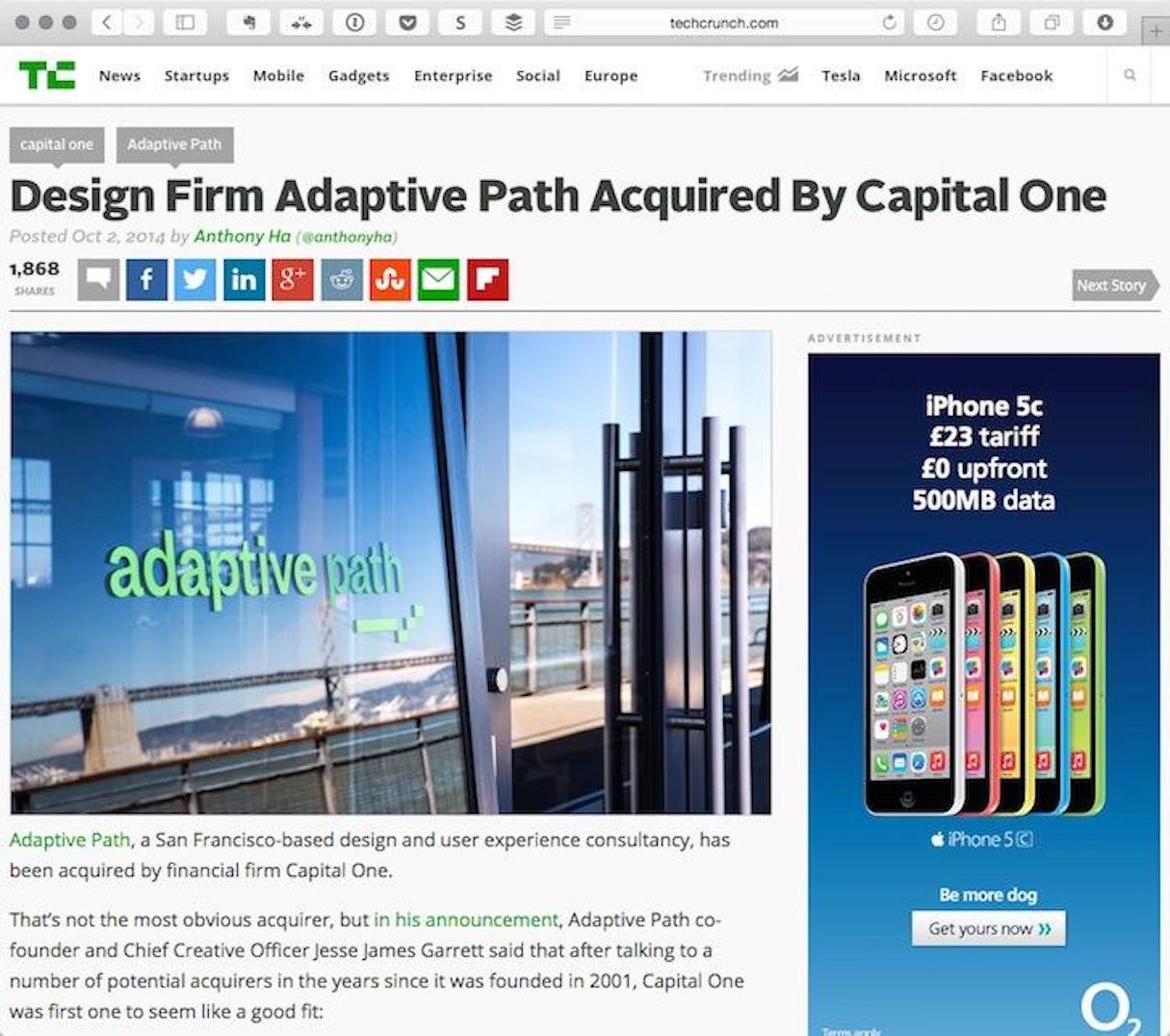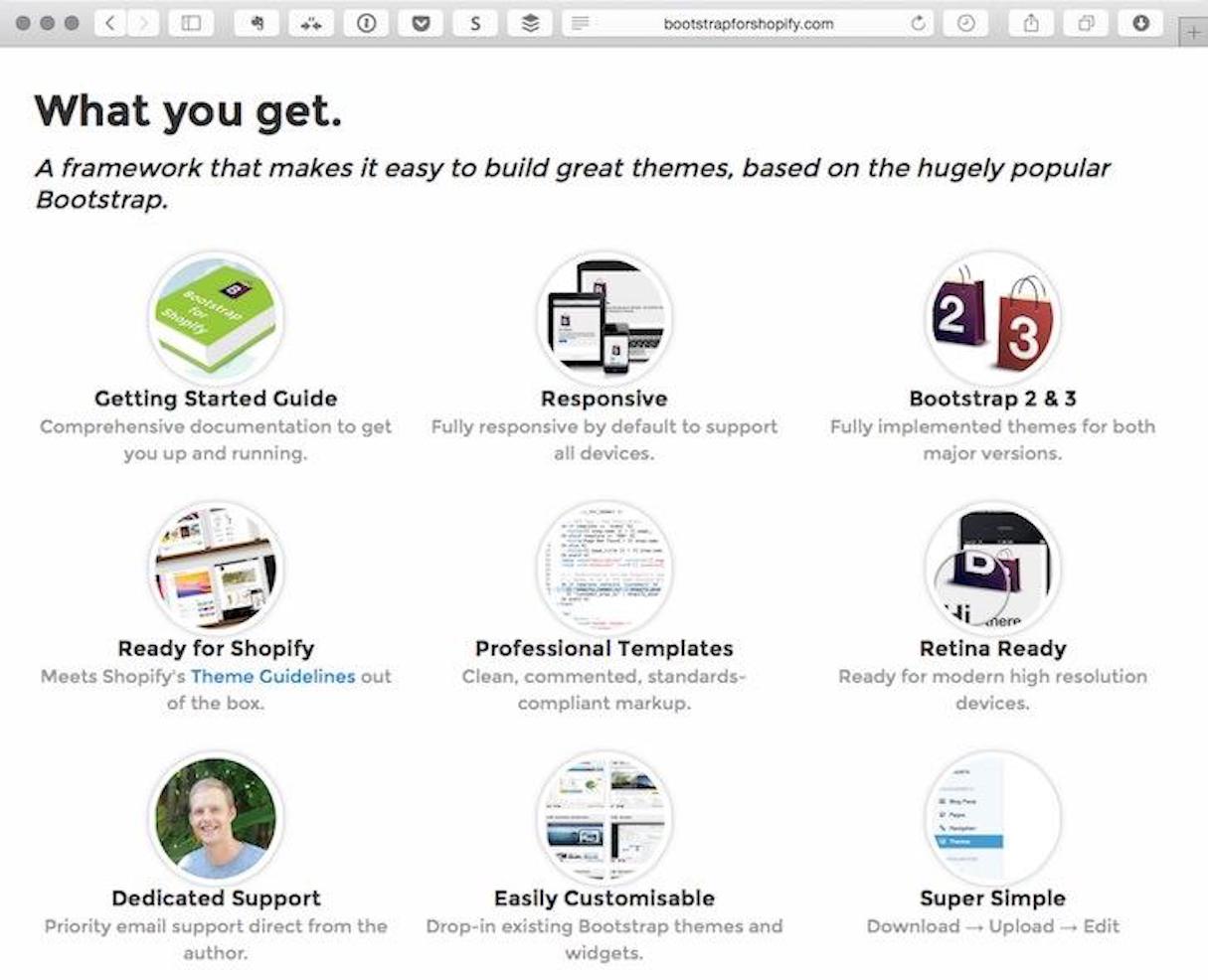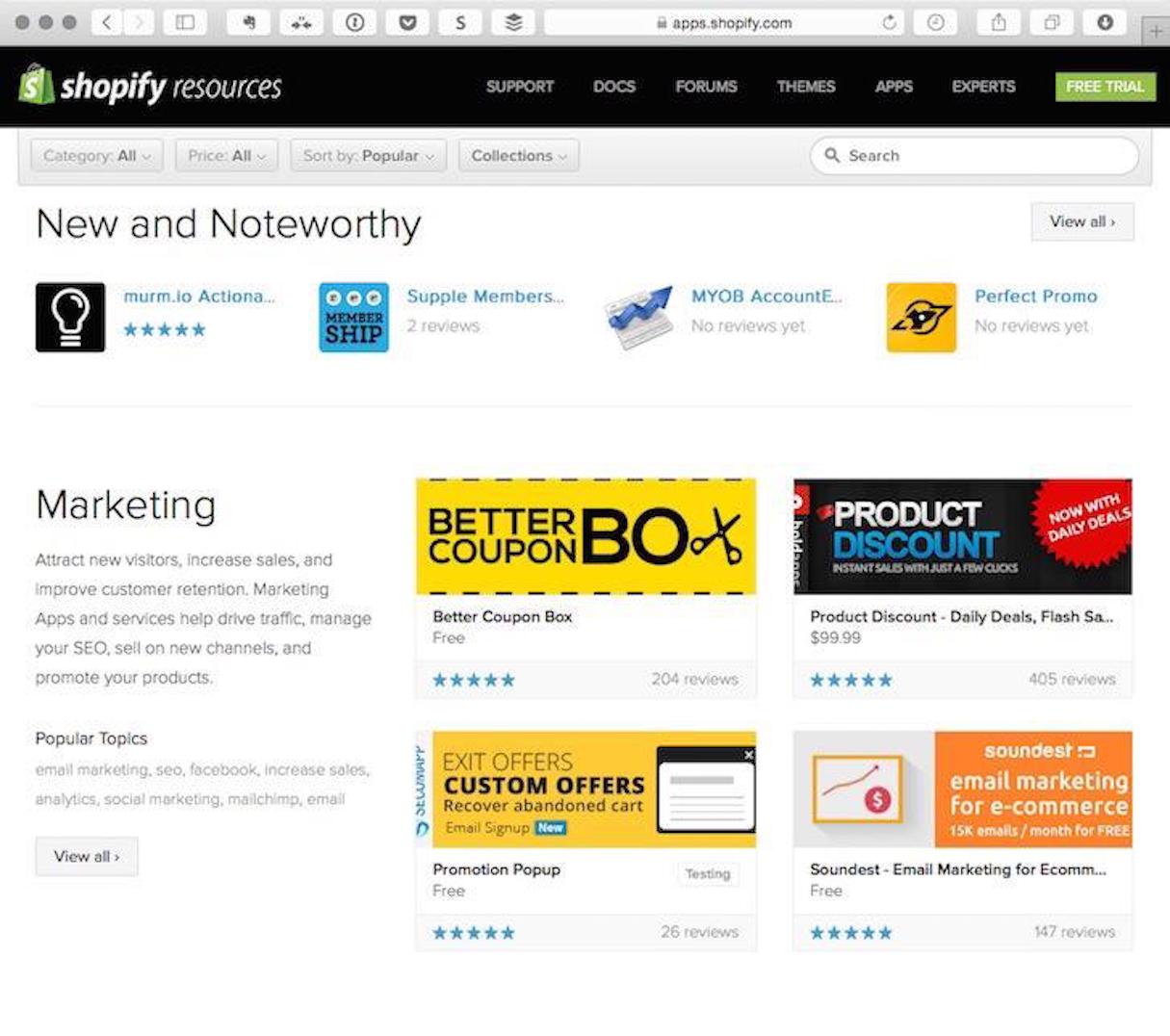Chances are, you have read an article saying you must specialize as a web designer to survive. This seems to have become the mantra of the modern web movement. But why is that the case? And what should you specialize in?
The truth is this: it's a tough time to run a web design business. The market is changing and forcing us to adapt.
The changing market
At the bottom end of the market, many clients are questioning the need to have a website at all. For them, a simple Facebook page is often adequate. Others are wondering why they are paying a web designer to build them a bespoke website. They are asking why they cannot just use a hosted web site building service to build a site themselves.
Meanwhile, at the top of the market, large companies are realizing that going digital is business critical. They see outsourcing as a significant risk and an unnecessary expense. That is why many of them are choosing to bring digital in-house instead of utilizing agencies.

This change means that smaller web design businesses are attempting to win larger clients by moving up the market. And larger agencies are taking on smaller clients and so moving down market. This results in too many suppliers trying to attract too few clients in the middle of the marketplace.
How then can you differentiate yourself and survive in an overcrowded market? The answer is to specialize.
You might also like: Paul Boag Shares a Favorite Ecommerce Project.
Why specialize?
By specializing, you become an expert in a specific field. This narrows down how many other companies can compete with you for that specialist work. Furthermore, you are able to offer services that are not replicated by automated tools or that justify being a permanent part of an in-house team.
What then should you specialize in? To some extent, the answer to this is dependent upon the skills you have and your areas of interest. But if you do not have a strong preference, I would consider specializing in ecommerce.
By specializing, you become an expert in a specific field. This limits how many other companies can compete with you for that specialist work.
Why ecommerce?
There is a lot about ecommerce that makes it an attractive area to specialize in. Not least amongst these is its ability to weather tough economic times.
Part of the reason we have seen a shift in the web design sector is because of the global economic downturn. When organizations are struggling to make ends meet, they look for opportunities to make cuts. One of the first areas they always cut is marketing spend, and in the eyes of many organizations, this includes the website.
Redesigning a website is often seen as a luxury that gets shelved when things are tough. But that does not apply to an ecommerce website. Unlike most websites, clients can see how an ecommerce site generates revenue. This means you are more likely to continue winning ecommerce clients in tough economic times. There is also a greater likelihood of repeat business.
Ecommerce creates repeat business
Because there is such a clear relationship between investment and financial returns, clients are happy to spend money on their site. This means ecommerce clients become an ongoing source of revenue.
Repeat business like this is good for cashflow, but also has a lower cost of sale and so is more profitable.
Ecommerce allows efficiencies in build
Ecommerce sites are more profitable for another reason too. Each ecommerce site you work on has many similarities. They all share a lot of user interface elements (such as shopping carts, product detail pages, etc.). They also have similar back-end functionality.
These similarities mean that it is very efficient for you to build ecommerce websites. By using frameworks, pattern libraries, themes, and plug-ins, you can build ecommerce sites faster. This allows you to increase your profit margins or price more competitively depending on the demand in the market.

Ecommerce also opens up a wealth of additional revenue streams that you can offer if you so choose. For example, many ecommerce clients also need help driving traffic to their site. This means you can offer digital marketing and SEO services in addition to your normal service offering.
By using frameworks, pattern libraries, themes and plug-ins you can build ecommerce sites faster. This allows you to increase your profit margins or price more competitively depending on the demand in the market.
There are opportunities to improve their back-end systems to increase profitability through efficiencies. Many ecommerce clients also need advice on improving everything from customer service to fulfilment. This kind of consultancy is chargeable because you are seen as an ecommerce expert.
Ecommerce allows you to break the hourly rate barrier
Finally, specializing in ecommerce provides an opportunity to explore alternative revenue models. One of the biggest challenges faced by web design businesses is the constraint of an hourly charge out rate. Profitability is limited by how many hours we can charge and the rate at which we do so. But because we're developing ecommerce sites, we have the option to explore a revenue sharing model. A model where we waive the initial cost of developing the website in return for a percentage of sales made.
Hopefully you can now see the potential of specializing in ecommerce. The next question then becomes: where do I begin?
Where to begin
How to specialize in ecommerce is something I cover in my new Skillshare course, "The Business of Web Design: How to Grow your Ecommerce Web Design Business." But let me give you a quick rundown of the first few steps you need to take.
Support, community, themes, and plug-ins
Spend time considering your selection of ecommerce platform. Ensure you find a platform that has excellent support, a vibrant community, and lots of themes and third-party apps to get you going. I also prefer a hosted platform so I can avoid server configuration issues and security updates.

You might also like: The Case for Continual Development: The New Way to Approach Ecommerce
Focus your marketing efforts
Once you know your chosen your ecommerce platform, it is time to start thinking about marketing.
You only have limited time to dedicate to marketing, so make sure it counts. Instead of blogging on whatever subject pops into your mind, focus your efforts on ecommerce. Your posts need to solve the problems of your prospective ecommerce clients. You also need to be researching the publications your audience reads and the conferences they attend.
You need to be contributing to these publications, attending these events, and going where your audience goes. To build a successful ecommerce-focused business, marketing cannot be an afterthought. You need a plan and you need to dedicate time on a regular basis to implementing it.
Develop your value-added services
As you begin to attract ecommerce clients, you will also need to consider what value-added services you can provide, as well as design and development services to help with digital marketing and back-end systems. There are always more ways you can support your clients.
Encourage continual investment
Finally, help your clients to realise the value of continual investment. Track their ecommerce sites free of charge looking for points of weakness. Carry out user testing to discover where things are going wrong and encourage your clients to let you address these issues. After doing this a couple of times, they will realize that ongoing monitoring and evolution leads to more income. They will then happily start paying for these services.
Track their ecommerce sites free of charge looking for points of weakness. Carry out user testing to discover where things are going wrong and encourage your clients to let you address these issues.
An exciting opportunity
All this talk of a contracting web design sector may sound scary. But I believe it is in exciting opportunity — an opportunity to bring focus to your business and become a specialist who can demand higher rates.
I believe that ecommerce is a particularly exciting specialism. It will allow you to increase your profitability and work more efficiently. But most of all, it will give you the opportunity to work on some exciting projects where you can clearly see the fruits of your effort. Nothing is more satisfying than increasing the conversion rate on an ecommerce site through good user interface design.
What next?
Sign up for my free course on Skillshare about how to specialize in ecommerce.
The Shopify Partner Program gives freelancers and agencies unlimited trial stores, in-depth documentation, multiple revenue streams, free training, and priority support. Our multi-channel platform allows your clients to sell anywhere with industry-leading security.
Read more
- How to Get Web Design Clients Fast
- 7 Content Ideas That Will Drive Revenue for Your Agency
- An Overview of Liquid: Shopify's Templating Language
- The Counter-Intuitive Approach to Getting Your First Client
- The Secret to Persuading Clients to Hire Your Design Firm
- Why Your Contact Page is the Most Important Part of Your Portfolio Website
- Prove Yourself: 4 Ways to Demonstrate Your Expertise
- The Importance of Investing in Your Own Website
- Why You Should Stop Responding to RFPs and Do This Instead
- Web Design Experts Share Their Advice for Attracting Your Next Client

